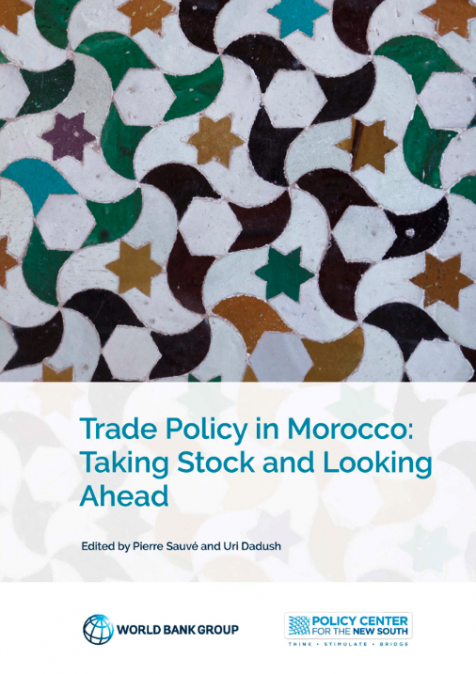Podcasts
TTIP and its Effect on Southern Atlantic Countries
This podcast is performed by Peter Chase. On June 17, 2013, the United States and the European Union formally announced the start of negotiations on a Transatlantic Trade and Investment Partnership (TTIP). The ambitious and comprehensive deal seeks to eliminate remaining existing tariffs between the EU and the United States, but also to eliminate non-tariff barriers, and work towards common or mutually recognized standards and regulations. The very prospect of TTIP is therefore raising a number of interrogations outside the United States and Europe; it resonates far beyond the transatlantic economic relationship. Countries in the South Atlantic, in particular, are left wondering what the deal would mean for them, and what the direct implications of a greater integration of the North Atlantic economy could be on their own prospect for economic prosperity.
The TTIP negotiations have lasted longer than was originally envisioned, in part due to signs of strong public concerns in Europe (especially in Germany), but also concerns about trade that have surfaced in the U.S. elections. That said, President Obama and Trade Representative Michael Froman, as well as their European counterparts, insist that they will try to conclude the talks in 2016. Questions therefore arise about whether TTIP will survive the British decision to leave the EU or, if it succeeds, how TTIP might affect the political economy of trade relations in the Atlantic? What will be its impact on existing and future economic relations with other global partners, especially in the South Atlantic? How have non-party states reacted to the TTIP negotiations? What is the political and economic impact of TTIP on ongoing bilateral and multilateral trade negotiations such as the Economic Partnership Agreements with African, Caribbean, and Pacific regions; the EU-Mercosur negotiations; and in the framework of the WTO? Join us for a briefing with Peter Chase, Senior Fellow at GMF as he discusses more broadly what the implications of TTIP and other mega-regional trade deals are for the Wider Atlantic relationship and the multilateral trading system.









